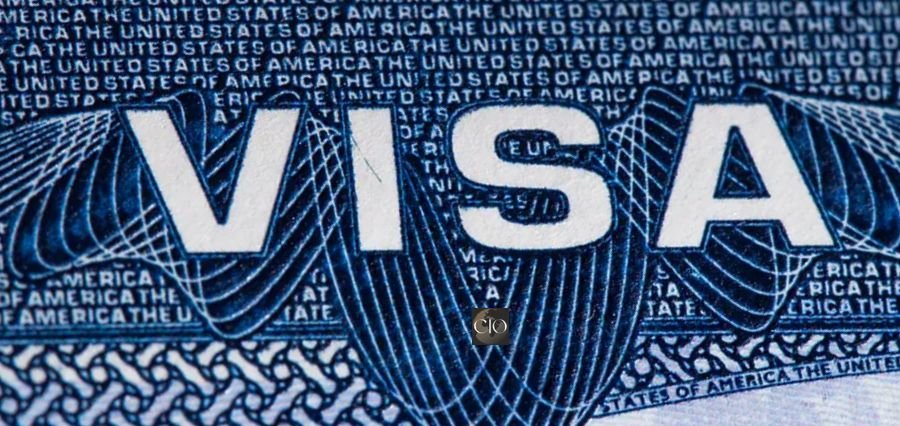Prime Highlights
- The U.S. will launch a pilot program for one year in which refundable bonds of up to $15,000 would be demanded of some B‑1/B‑2 visa seekers.
- The plan is designed to target tourists from countries with high overstay rates or poor screening procedures.
Key FactF
- $5,000, $10,000, or $15,000 bonds would be refunded to visitors if they meet visa terms.
- The application kick-off date is August 20, 2025, with approximately 2,000 applicants to kick off.
Key Background
The U.S. State Department initiated a pilot program that charged some B‑1 business and B‑2 tourist visa applicants with refundable bonds costing $5,000 to $15,000. The pilot runs from August 20, 2025, with a mission to deter visa overstays and increase compliance among tourists from high overstay countries, countries with weak vetting protocols, or countries with citizenship-by-investment schemes.
The amount of the bond will be set by the consular officers considering risk assessment and travel records. These visitors who depart the United States within the validity period of their permissible visa stay will be refunded the entire value of the bond. Overstayers, on the other hand, will lose the posted value. The pilot will initially be instituted to roughly 2,000 travelers, who carry with them an estimated $20 million in bonds.
This program does not include the nationals of countries already included in the Visa Waiter Program, such as the majority of Western European countries, Australia, etc. Affected countries will be enumerated by the State Department at least 15 days before the date of the program’s initiation and can be adjusted while in pilot status in accordance with compliance trends and mounting threats.
The proposal is the renewal of the 2020 plan, put on hold because of the pandemic-induced travel lockdown. Opponents vent that such new economic barriers could mute American competitiveness in travel and tourism, particularly when layered over other planned charges, including a $250 visa integrity fee. The authors see it as a valuable tool to discourage overstaying visas and facilitate immigration enforcement without recourse to across-the-board restrictions.
Read More : US Tariffs Cloud India’s Growth Outlook, Prompting RBI Rate Cut Speculation




